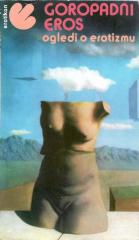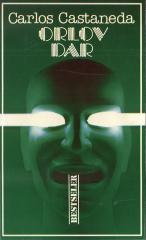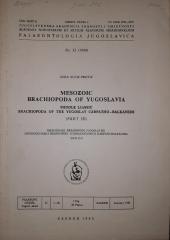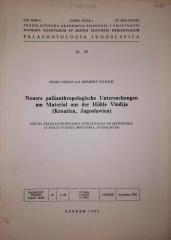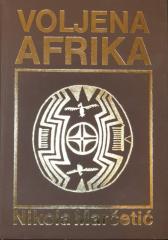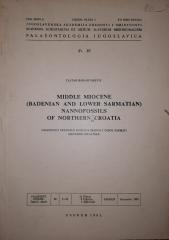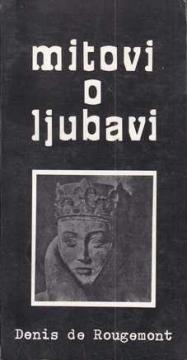
Mitovi o ljubavi
The book analyzes the concept of love in Western culture, especially through the prism of the myth of tragic love. The book warns that the myth of passionate love can have devastating consequences, such as unstable marriages and the idealization of suffer
De Rougemont explores how romantic ideas about love shaped society, literature, and individual relationships, arguing that the modern perception of love is deeply rooted in myth and idealization, not reality.
The book's central thesis is that the Western obsession with passionate love stems from the medieval myth of Tristan and Isolde, which glorifies impossible, tragic love. De Rougemont argues that this myth promotes the idea that true love is unattainable, filled with suffering, and often opposed to social norms, such as marriage. He distinguishes eros (passionate, individualistic love) from agape (spiritual, selfless love), suggesting that Western culture has over-elevated eros at the expense of more stable forms of love.
The author analyzes how literature, from troubadours to modern novels, perpetuates this myth, often associating love with death and destruction. He also explores the influence of religious and philosophical movements, such as Cathar dualism, on the development of these ideas. De Rougemont criticizes romanticism that portrays love as an escape from reality, instead of responsibility and togetherness, and advocates a more balanced love that combines passion and responsibility, calling for a rethinking of cultural prejudices about love.
One copy is available
